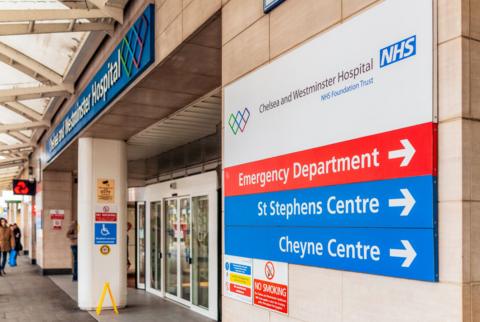Staff at the Chelsea and Westminster "acted in line with the processes and guidance available to them", said a hospital spokesperson. "Their first priority, as in all cases, was to support and provide care to the patient."
Nicola's case came to court last month - four and a half years after her arrest. She says she was "terrified" of going on trial, but also felt the process had gone on so long, that she just wanted it "over and done with".
"They [prosecutors] were trying to say that I knew how far along I was when I took the first abortion pill. I did not," Nicola says.
When the jury foreman said "not guilty", Ms Packer says she "just burst into tears".
"But then you do sort of start to feel anger, the fact that it even got that far in the first place."
Prosecutors exercise "the greatest care when considering these complex and traumatic cases", a CPS spokesperson said.
"Our role was not to decide whether Nicola Packer's actions were right or wrong; but to make a factual judgement about whether she knew she was beyond the legal limit when she accessed abortion medication."
Ms Packer believes those who were involved in her case now "need to be held accountable". She plans to file a complaint with the Metropolitan Police, the CPS and the NHS over her treatment.
"It's really making me feel sick - the way everything was handled. I did not need to go straight from the hospital to the police station. I could have gone home and recuperated for a couple of days."
"It just could have been handled much more compassionately," says Ms Packer, "causing less trauma than they did."
